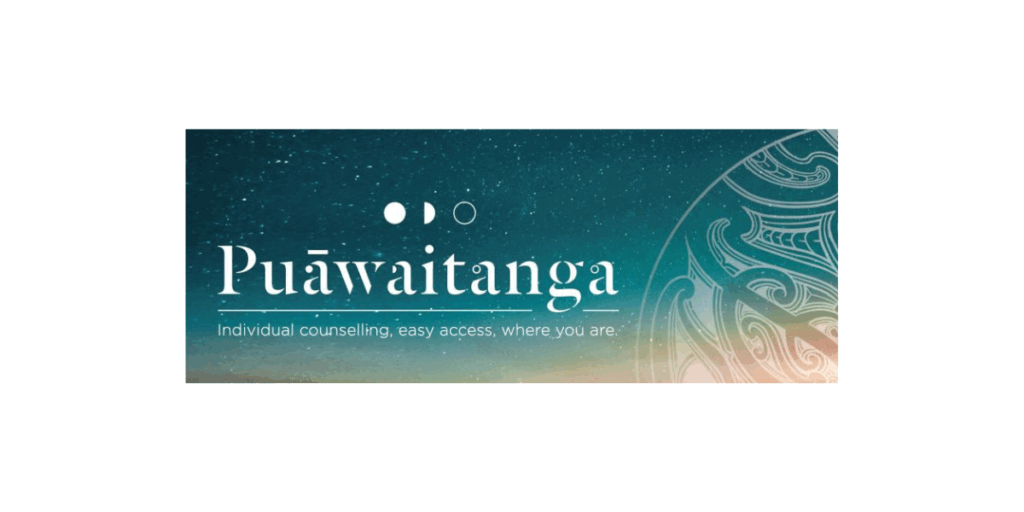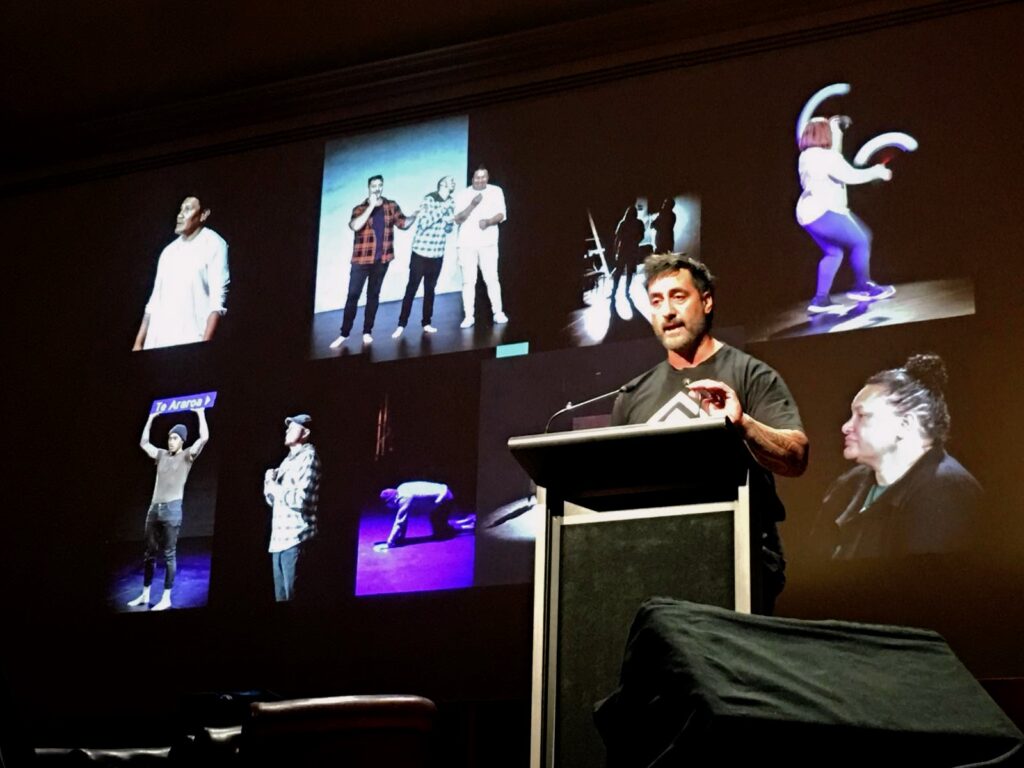E koekoe te Tui, e ketekete te Kaka, e kuku te Kererū
Published:
February 14, 2025

Insights into explanatory factors, treatment experiences, and recovery for Māori with eating disorders.
By Mau te Rangimarie Clark
Eating disorders (EDs) are often perceived as issues affecting Western, majority-white populations. However, Māori in Aotearoa New Zealand experience eating disorders at similar rates to non-Māori, yet they remain significantly underrepresented in treatment services. This disparity raises important questions about access, diagnosis, and the cultural alignment of existing support systems.
Our recent qualitative study explores the lived experiences of Māori with eating disorders, focusing on explanatory factors, treatment experiences, and recovery pathways. The research involved interviews with 13 Māori participants who have experienced anorexia nervosa, bulimia nervosa, or binge eating disorder, as well as two whānau members who supported them.
Understanding Māori experiences of eating disorders
Our study highlights critical gaps in the current system, particularly the cultural disconnect in ED treatment services. Many participants expressed that existing healthcare models do not reflect Māori values, beliefs, or holistic health perspectives, making it challenging to engage in meaningful recovery. These findings are essential for healthcare practitioners, policymakers, and mental health services in Aotearoa, as well as indigenous communities worldwide who face similar barriers.
A significant outcome of this research has been the development of a te reo Māori glossary for eating disorders, created in partnership with Te Tira Wānanga Māuiui Kai – the Māori Eating Disorders Network. This glossary is an important step in ensuring that ED treatment and awareness are grounded in language and cultural understanding that resonates with Māori.
Māori in Aotearoa experience eating issues and eating disorders at similar rates to non-Māori but often lack resources written from a Māori perspective. This pukapuka (booklet) was created for whānau Māori supporting someone with eating challenges, known as ngā māuiui kai, read resource here.
Based on kōrero (insights)from Māori who have experienced eating issues, as well as mātua and kaumātuawho have supported tamariki and mokopuna, the pukapuka shares their voices and advice throughout the resource in italics.
Created by Gloria Fraser (KāiTahu, Kāti Māmoe, Waitaha), Bailey Mary Rose (Ngāti Maniapoto, NgātiTūwharetoa), and Olivia Faulkner (Tangata Tiriti), this pukapuka offersculturally grounded guidance and practical advice for whānau. Some authors aremembers of Te Tira Wānanga Māuiui Kai—a collective of researchers,clinicians, and experts-by-experience.
Key findings: three themes of experience
Our research identified three overarching themes shaping Māori experiences with eating disorders:
1. Antecedents (cumulative exposure)
Māori participants highlighted socio-cultural influences as significant contributors to ED development. These include:
• Exposure to Western body ideals, which often conflict with traditional Māori perspectives on body image.
• Trauma, poverty, and systemic adversity, which create conditions where EDs can emerge as coping mechanisms.
2. Treatment (a system of complexities)
Participants shared critical reflections on their experiences within ED services, revealing key challenges:
• Culturally incongruent care: Many treatment approaches lack a Māori worldview, making it difficult for Māori to feel understood or supported.
• Economic burdens: The financial strain of accessing treatment, particularly for rural communities, limits engagement with care.
• Weight-focused discharge criteria: Many Māori participants felt that ED treatment was overly focused on weight restoration rather than addressing the underlying causes of their illness.
3. Recovery (resource empowerment)
Healing for Māori extends beyond clinical treatment—it is deeply tied to cultural identity and whānau support. Key factors that aid recovery include:
• Access to appropriate health information that aligns with Māori perspectives.
• Self-determination (tino rangatiratanga) in shaping one’s healing journey.
• Strengthening cultural connections—language, whakapapa, and whānau aspirations play a pivotal role in long-term well-being.
A call for culturally responsive care
The findings of this study reinforce the urgent need for holistic, culturally responsive ED treatments that reflect Māori worldviews. Healthcare services must move beyond Western-centric models and embrace approaches that honour te ao Māori (the Māori worldview), ensuring that Māori experiencing eating disorders receive care that is both effective and empowering.
This research has been shared in international journals and conferences, further highlighting the importance of recognising and addressing the unique experiences of Māori in ED care. By embedding Māori values, language, and lived experience into treatment frameworks, we can create pathways to healing that truly resonate with those in need.
Kia Kai-Kōrero Tātou with Mau Te Rangimarie Clark
Our first Kia Kai-Kōrero Tātou with Mau Te Rangimarie Clark he shared his research that explored the lived experiences of Māori with eating disorders, highlighting cultural disconnects in treatment, economic burdens, and the importance of whānau support.
Below is his presentation Te Whariki Presentation 2025


